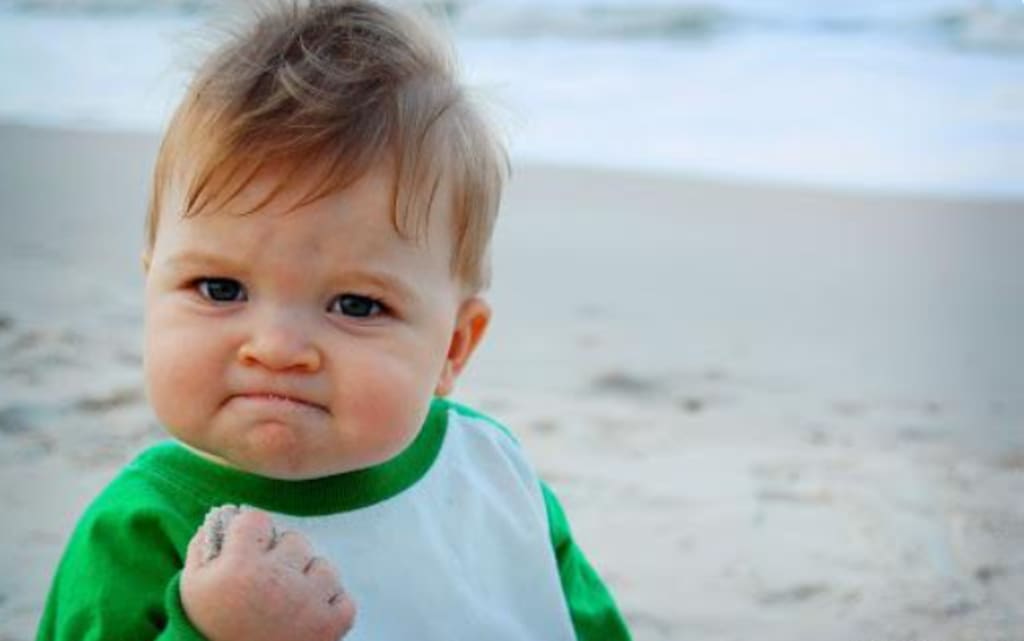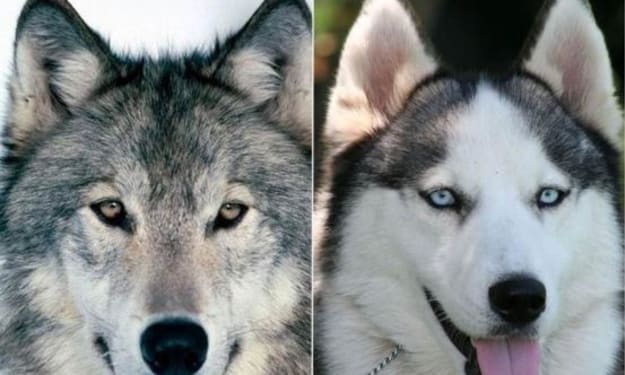
I am an observing spirit, parasitic on an object called a human being. My task is to observe this object and the world he lives in by fully perceiving his abilities and record an observation report. Now, I will share my third human observation report!
Observing this subject requires many aspects, psychology being an important one. It is not only the focus of my observations, but it is very important for this object and human beings. Some disciplines specialize in this area and cover a wide range of aspects, almost every aspect.
My parasitic subjects have a lot of mental activity that is worth recording. In this piece, I will describe a very frightening psychology: the Ducky effect. This Ducky effect can be said to be present in almost every stage of this object's development, and he has just recently had an experience.
Humans have a learning process, and going to school and getting an education is unique to human behavior and other animals. This subject is constantly receiving new information and knowledge as he goes to school, reads, and learns. When he was in junior high school, this subject accidentally entered the school library. Originally curious about the world, he opened a new channel to receive more and more novel information and knowledge.
In the library, he enjoyed wandering through books of discovery and reading about "mysteries". However, due to some limitations, he did not gain much knowledge about it. He has just read a few books and thinks of unidentified flying objects, aliens, pyramids, and other unanswered questions. But this does not stop him from sharing the relevant content with others with great interest. Whenever he talks to others about relevant issues, he always feels that he knows the most and that everyone has to listen to him and that no one else can refute him. Many of his friends are even forced to open their doors and listen to his "lectures" with boredom.
When he moved up to high school, everyone around him changed and there were no more people who were "like-minded" to him. He had no choice but to forget about it and focus on other things. At one point, he suddenly heard someone talking about it. With a little bit of knowledge, he wanted to move up the ladder and make a splash. Little did he know that during the communication process, he would be left speechless by the other person's questions. Fortunately, it was only a small exchange. He "ran away with his tail between his legs".
He was not convinced by such a thing, but he did not expand his new knowledge either. Instead, he focused on other things and forgot about the embarrassing experience.
Then came university and I got out of my stranglehold. He started soaking in the library but got hooked on other types of books. It could be that he could never let go of the awkwardness, or it could be that other things were more appealing. However, I could feel that his curiosity was not suppressed, but just calmed down for a while.
Finally, one day, curiosity came, like a raging river that wouldn't stop surging. At the same time, the desire to interact with others became stronger than ever. The maturity of the Internet age has given him great convenience. Having learnt something, he is eager to communicate with others. Internet communication is relentless and cruel. Although there are friendly exchanges, it seems that people use spray instead of talk.
This time he no longer chose to avoid it. The words are really hard to hear, but he knows that this is what he should take. He confronted his shortcomings, studied with people who were willing to talk to him, and went looking for information on his own. Finally, he discovered something he didn't know much about yet. Now he not only knows that he is the ducking effect but also realises that he should learn well, be bold and discerning, think hard, and communicate with an open mind.
This experience is for one thing only, a manifestation of the Ducky effect of the last decade. Other times too, but this time it was more impressive for him and better for him to know himself. The record is so valuable that it is archived.
The following is a record of data related to the Ducky Effect.
The Ducky effect, also known as the Dunning-Kruger effect, is a cognitive bias whose consequences are often negative. This is because the Ducky effect refers to people who are less competent concluding that they think is correct but is wrong based on their lack of competence. The actor is unable to correctly recognize his shortcomings and at the same time is unable to identify his wrongdoings. Simply put, it is ignorance and arrogance. The Ducky effect is very common in life. Every human being has had it, and even humans are often in this state, which occurs repeatedly.
Human self-awareness can be divided into four stages. First, I don't know that I don't know; second, I know that I don't know; third, I know that I know; and fourth, I don't know that I know. These four stages can be combined with the degree of self-confidence to obtain a graph of the Ducky effect.
Humans are actually at their most confident when they don't know what they don't know. Humans believe that what they currently know is the truth and correct, so they can express themselves and their opinions without fear (this does not include cases where they know they are wrong and still insist on being wrong). It is possible at this point that in practice, or with the reminder of others, or after the acquisition of new knowledge, you suddenly realise that you were wrong all along.
When humans know they don't know, they may be in a state of great frustration, disappointment, or embarrassment. This time will be divided into two situations. First, human recognize their mistake and automatically begins to correct them and learn something new. Second, they are stubborn and insist on their mistakes.
There tend to be more people in the second situation because all of humanity is proud. If such a state is revealed in a public or non-private setting. Then most humans would choose to grit their teeth and hang on, in order not to break down. This situation is understandable. The key is whether humans can recognize their mistakes and go back to the first situation after the incident. And it is the humans who are unwilling to correct themselves and are stubbornly stubborn that are the worst.
In the first case, humans will enter the state of knowing what they know. In learning, humans who keep improving themselves will reach the state of not knowing what they know. That is, a person can use his or her knowledge proficiently, and can even use his or her knowledge to expand into various aspects and deduce something unknown. A book full of poetry is bound to be spoken.
On the whole, human beings who recognize their shortcomings and improve on them will turn out to be good. Those who know their mistakes but still hold on to them, or even deny the facts, are too stubborn to move forward.
Well, that concludes today's observation report. I will continue to observe this object and the world this object is in and then write an observation report. See you then!
About the Creator
Lane
Explore the mysteries of the earth with me






Comments
There are no comments for this story
Be the first to respond and start the conversation.